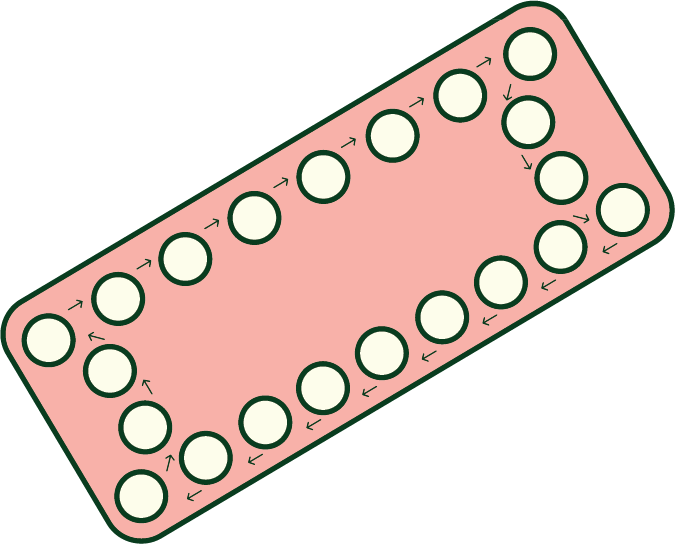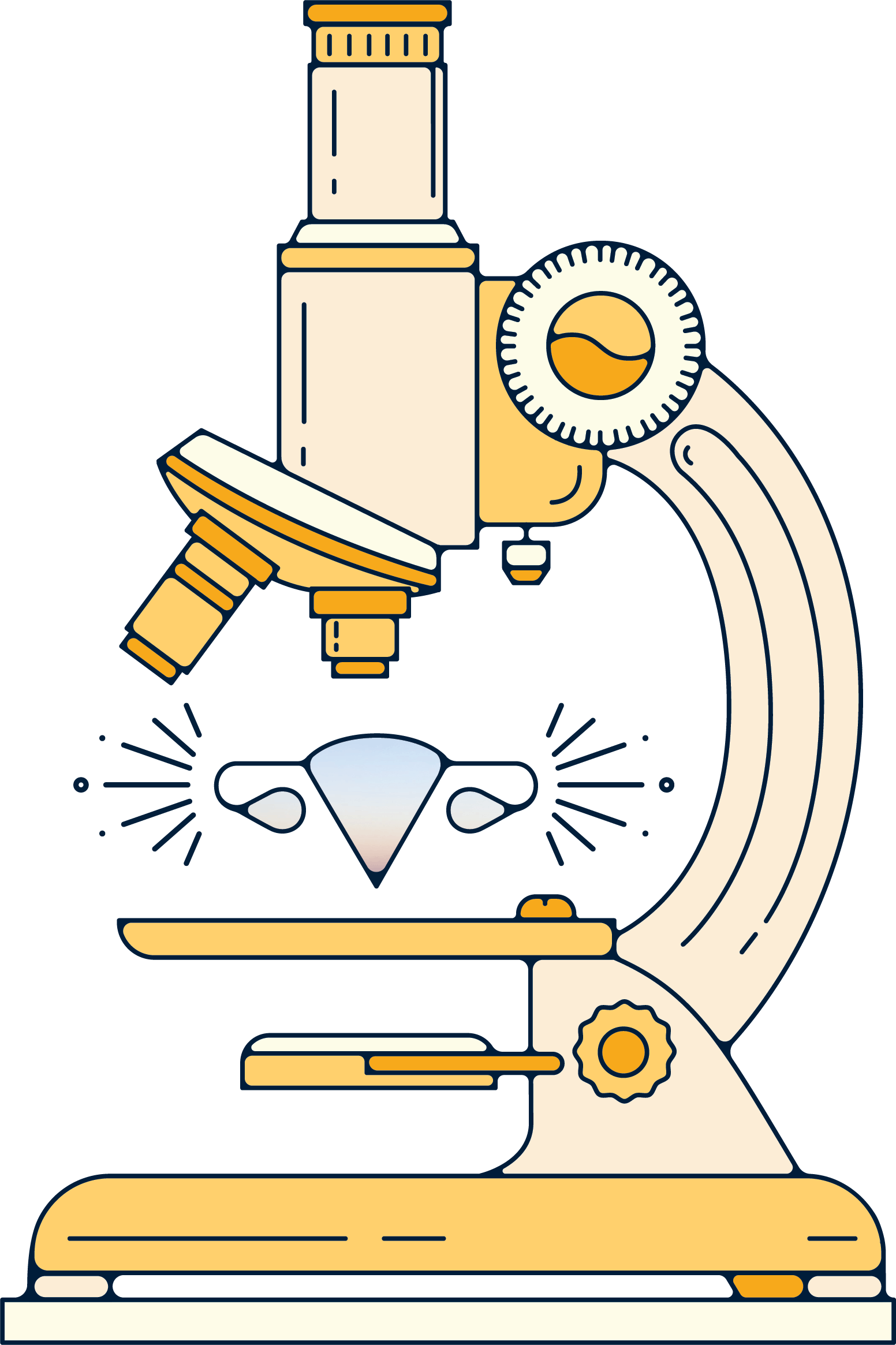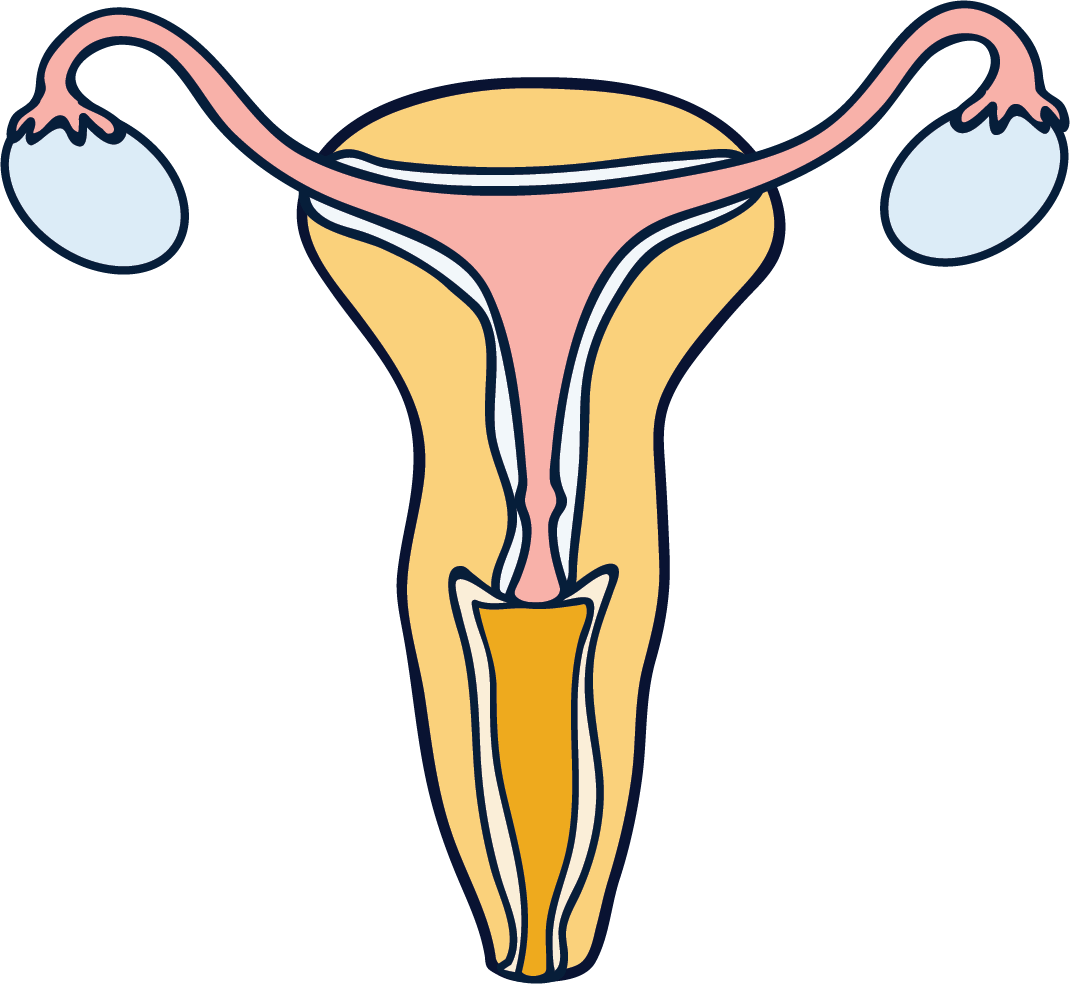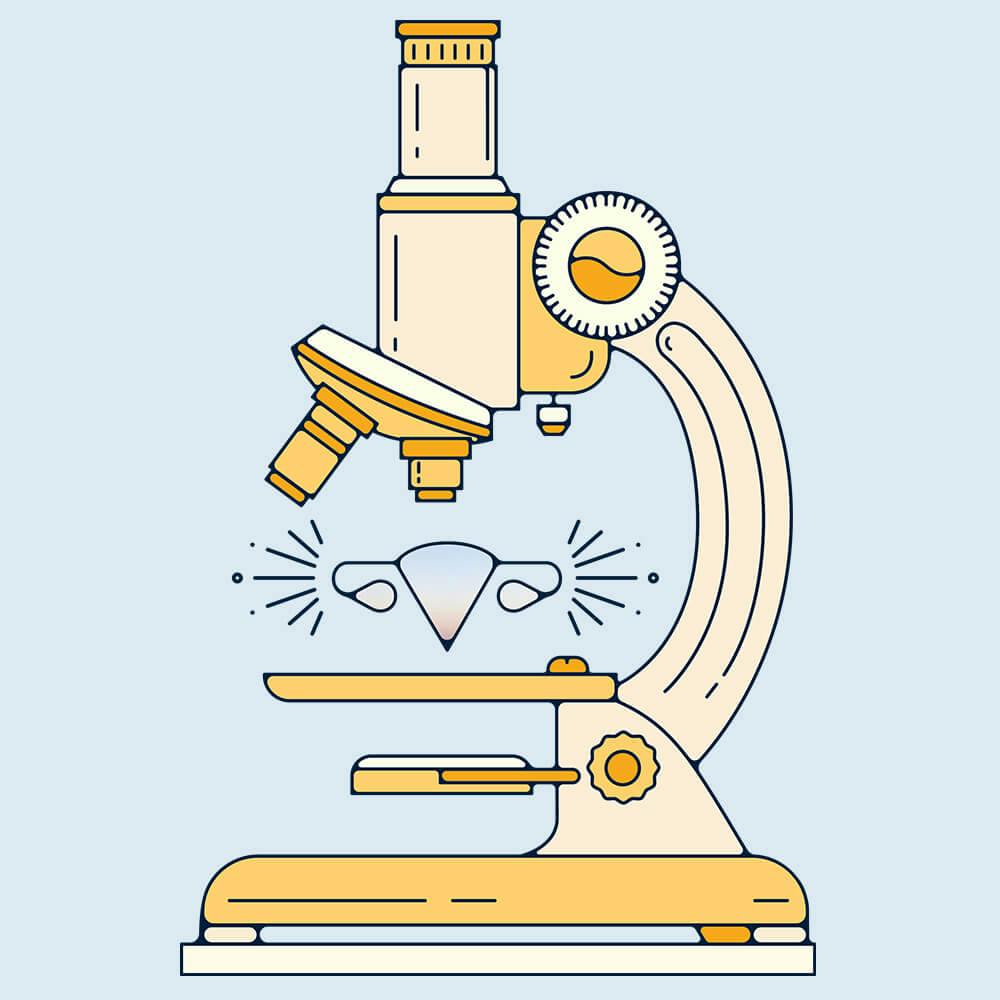Table of contents
Illustrated by Erin Rommel & Sabrina Bezerra
From hot flushes to mood swings, insomnia and memory fog: the symptoms of menopause can run roughshod over women’s middle years.
85% of women experience one of these potentially life-wrecking symptoms, and for one in three women the effects of ‘puberty’s evil older sister’ can last for a decade or more.
Menopause symptoms
The symptoms that come with women’s declining fertility were first described by Aristotle, with the word ‘menopause’ being coined by French physician Charles Negrier in 1821, who attributed women’s complaints of depression, hot flushes and irregular periods in middle life to a ‘troubled uterus’.
Curiously, the way in which the symptoms of menopause present have always been culturally specific.
Japanese women are most likely to complain of midlife shoulder pain, whereas South Asian women commonly cite blurred vision.
For Western women, hot flushes are the chief complaint, and these – our brain’s response to shifting hormone levels – were the focus of the medical interventions that arrived with the mid-20th century, a period during which menopause was billed, says Richard Anderson, Professor of Clinical Reproductive Science at The University of Edinburgh, as “hormone deficiency syndrome”.
Hormone replacement therapy and menopause
The hormone replacement therapies (HRT) that arrived in the 1960s were based on animal-derived oestrogens and led, in the early 70s, to a health scare when they were found to increase the risk of womb cancer.

By the late 1970s, oestrogen and progesterone combination HRT, protective against cancer risk, had become the norm and by the 1990s HRT had taken off in a big way, with hundreds of thousands of menopausal British women being prescribed this miracle drug by the decade’s end.
A second scare would follow in the early 2000s after combination HRT was linked to an increased breast cancer risk in a now-challenged 2002 Women’s Health Initiative study.
Today an estimated one million British women take hormone replacement therapy (or oestrogen-only HRT if they have had a hysterectomy), with other NHS-prescribed treatments including antidepressants for low mood and clonidine, a high blood pressure drug which can be effective in treating hot flushes.
Natural menopause treatments
Natural therapies, often favoured by women put off by the slightly elevated risk of breast cancer in women who take HRT, include food supplements with an oestrogen-like effect, such as soya beans and wild yam. In fact, Japanese women’s lack of hot flushes is often attributed to a diet high in soya.
This decades-long status quo in menopause treatment, however, may be about to come to an abrupt end.
“What we’re seeing is something like the commercial bang that happened with IVF in the 1990s,” says Evelyn Telfer, a reproductive biologist, also at The University of Edinburgh.

Tefler’s research, which focuses on fertility preservation for young and pre-pubertal women who are undergoing cancer therapy, also explores one of the radical new areas we’ll hear more of in the coming years: germline stem cell egg production.
“For years there was a dogma that women were born with all the eggs they’d ever have,” Telfer explains. “But studies are beginning to show that in certain circumstances ovarian tissue can be prompted to generate new eggs.”
The research being conducted by Telfer, and others, could lead to treatments that initiate egg generation in vitro (the test tube) and in vivo (in women’s bodies), even in postmenopausal women.
A similar area of research, being undertaken in Valencia, is investigating the potential of stem cell injections to reactivate women’s ovarian function. Or how about having a bit of youthful ovary implanted into your forearm?
This futuristic prospect could soon be a possibility. Ovarian tissue grafting (or the transplantation of women’s own frozen ovarian tissue) is already used as a method of restoring fertility for young women who’ve undergone cancer treatment. Its primary application for menopausal women would be to kickstart the body’s own pre-menopausal hormone production.
“Ovarian tissue grafts restore up to 90% of the woman’s own endocrine functions,” says Anderson, who works in this burgeoning new field. The aim of this treatment, Anderson adds, would be to replicate the nuanced pre-menopausal fluctuations of a woman’s cycle (rather than the constant synthetic hormone dose of HRT) though to be of optimal benefit women would need to have frozen their ovarian tissue at least a decade before onset of menopause.
And of course, whether many women will embrace the return of their menstrual cycles is up for debate. Bi and tri-phasic contraceptive pills, which were also designed to mimic natural hormone fluctuations, failed to take off when they arrived on the market in the 1980s.

Anderson speculates that the fact that ovarian tissue procedures sound ‘natural’ (despite the surgery that’s involved in harvesting and implantation) might boost their appeal.
Profam, a commercial company that allows women to freeze their ovarian tissue for future use in delaying menopause, launched in Birmingham in 2019.
When it comes to non-hormonal drug treatments, a promising family of drugs are currently in late phase trials in Belgium, Japan and the UK that work on the area of brain signalling that’s implicated in hot flushes.
Neurokinin 3 receptor (NK3R) antagonists have been shown to dampen down hot flushes in days, rather than the weeks more typical in HRT treatment, and are expected to be on the market within the next few years.
“Ovarian grafts for example, might have a beneficial effect for women who are suffering terrible menopause symptoms, but should we allow them to be commercially offered without proper investigation just because there’s market demand?” Hamoda says.
For Telfer the issue is as much a moral as an ethical one. “People have said to me: we can cure cancer, so why not cure menopause?” she says. “Of course we should welcome new treatments for menopausal symptoms. But menopause is a natural process. However culturally obsessed we are with youth and fertility, menopause is not something we should seek to cure.”






